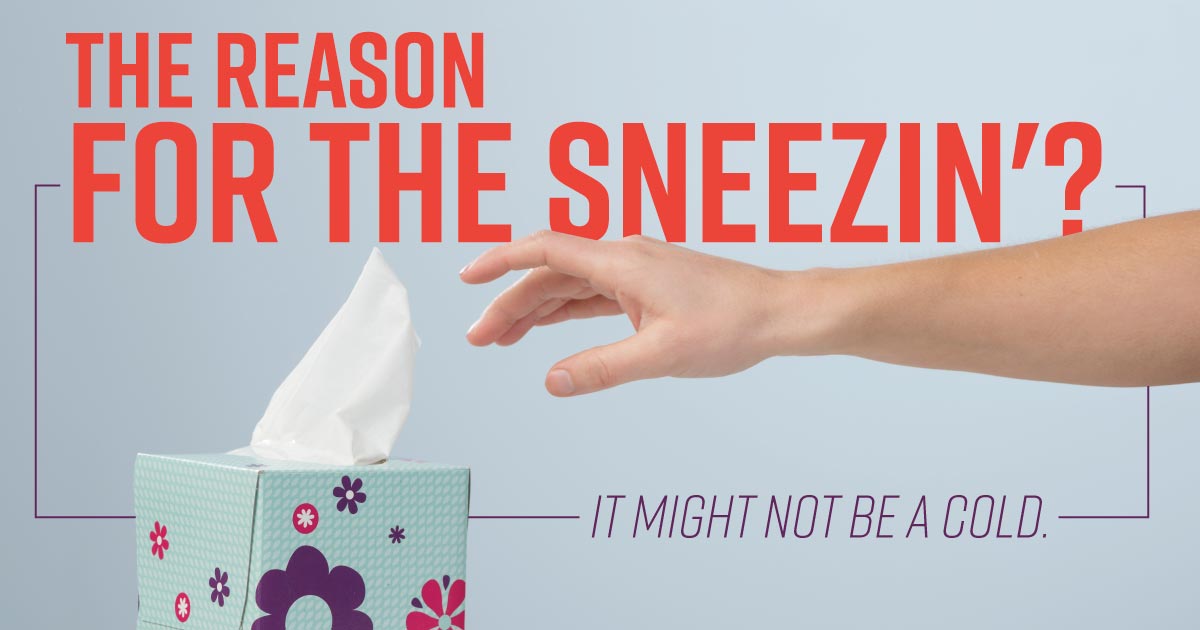
Sept. 3, 2019—You're sniffling and sneezing. Your eyes are irritated. Your throat is itchy. And you have a runny nose. This time of year, you may be thinking the culprit is a cold. But your misery may have another source: ragweed pollen.
All 17 species of ragweed plants spew out powdery pollen in the fall. It's one of the most common causes of fall allergies.
And there's more you can do about it than reach for more tissues. To start, you might want to get in touch with your doctor. If you do have a ragweed allergy, your doctor can confirm that and suggest ways to tame your symptoms.
Sneeze less, enjoy more
A key way to feel like yourself again if you are allergic to ragweed is to avoid its pollen as much as possible. That isn't always easy, though, since a single ragweed plant can release 1 million grains of pollen into the air in just one day. Even so, some simple steps can help:
- Try to avoid going outside in the morning, especially on windy days. Ragweed pollen levels are highest in the morning. Windy days can also stir up pollen and make your symptoms worse.
- Shut your windows—both at home and in your car. That way pollen won't blow in.
- Don't track pollen into your home. Leave your shoes at the front door. Shower off and put on fresh clothes if you've been outside for a long stretch of time.
- Wash your hands after petting an animal that's been outside. Their fur is a pollen trap.
- Cover up. Wear an allergy mask to filter out pollen when mowing the yard or doing other outdoor chores.
- Keep tabs on pollen counts. Many weather reports and websites include them. Limit your time outdoors when ragweed counts are high.
- Ask your doctor about taking antihistamines and other allergy medicines that might ease your symptoms. If you do take them, stick with them until about two weeks after ragweed pollen disappears, advises the American College of Allergy, Asthma & Immunology.
For long-term relief from severe symptoms, you might also ask your doctor about allergy shots.